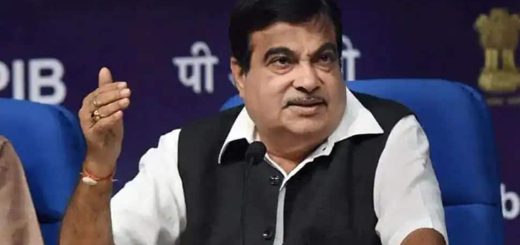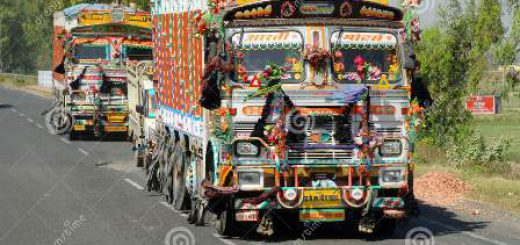‘Odd-even’ transport scheme to run date-wise; curbs from 8 am to 8 pm
In a gradual structuring of its transport formula, the Delhi Government today decided that the pollution-control scheme will be in force from 8 am to 8 pm and linked to “dates” instead of previously announced days-specific plying of odd-even numbered vehicles.
While no call has been taken both on two-wheelers and commercial vehicles having Delhi-based registration numbers and vehicles coming from outside, the government is mulling over granting exemptions to specific sections, including women, differently abled, senior citizens, among others, and the final blueprint of the scheme will be ready by December 25, said Delhi Transport Minister Gopal Rai while briefing the media. The plan would then be put in public domain for feedback, he said.
Adding that in Delhi there are around 9,000 registered vehicles running on CNG, including those used by schools, private companies, among others, Rai said, “Tomorrow we’ll be meeting with union representatives of commercial buses, autos and other commercial vehicles.”
On January 1, 5, 7 vehicles bearing odd number plates will be allowed whereas on January 2, 4, 6, 8 those with even numbers will ply on the city’s roads during the specified 12 hours each day barring Sundays when no such restrictions will apply.
“Odd-even vehicles will ply on roads according to dates. Sundays will be free days – all vehicles can ply. Before and after specified time (8 am to 8 pm), residents do not need to follow the odd-even ban,” said Rai.
He said meetings are on with all stakeholders and in order to manage the passenger traffic, the transport department will introduce 1,000 cluster buses on roads within three months.
With the government also considering imposing penalty on violators, Rai said, “We had talks with the traffic police and discussing the details of how to implement it.”
To make the plan a success and solve the issue of manpower crunch, the government has also decided to engage civil defence volunteers in large numbers to help the traffic police in implementation of the project.
During the first phase of implementation, the Delhi Pollution Control Committee will collect air samples from 200 locations across the national Capital on a regular basis and data analysed to determine air quality.The next meeting to review the progress of the city’s odd-even transport scheme and fine-tune further plan will take place on December 10.
Source: http://www.tribuneindia.com/




Recent Comments